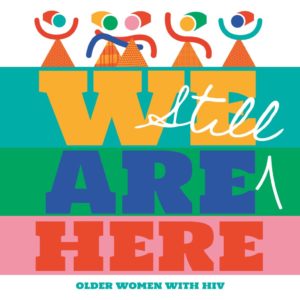
All groups affected by HIV should have access to appropriate care and the opportunity to, for instance, enter clinical trials and access innovative treatments. A recent editorial noted the mismatch between those PLWH that were recruited to clinical trials (overrepresentation of young white males) and those seen in the general population (a more heterogeneric demography). Women have been severely underrepresented in many areas of HIV treatment and care including inclusion in research. This appears to be an ongoing issue across the HIV landscape with alternative approaches required to allow both access and opportunity in advancing care and its underpinning research. This is essential as in the UK a third of people living with HIV are women and globally the figure stands at fifty percent and it is incumbent on everyone that the right interventions are utilised in this as well as any other community. This is particularly important where intersectional issues make marginalisation and stigma even more challenging. The near-invisibility of WLWH is not a recent phenomenon but one that has existed from the early 80s when HIV came to the fore and the public’s attention. This is one legacy that the community needs to overcome and as Jacqui Stevenson says:
No more excuses: Making HIV research work for women. (Sophia Forum)
Other marginalised groups such as those from BAME backgrounds, whilst being disproportionately affected, were also largely excluded from trials and medical care more generally.
As ART has produced improved outcomes in terms of life expectancy, the demographics of people living with HIV has changed radically. A significant number of PLWH including women have a life expectancy similar to that found in the general population. However, there are disparities between groups (see, for instance, Solomon et al 2020) and a general reduction in quality of life for PLWH due to the onset of a range of geriatric syndromes a decade or more earlier with ongoing discrimination. This has been emphasised recently by ongoing research and advocacy by Jacqui Stevenson who has studied WLWH growing older. The outcomes of the research provide eight asks to improve the lives of WLWH.
Advice for women and HIV including using PrEP can be found at:

